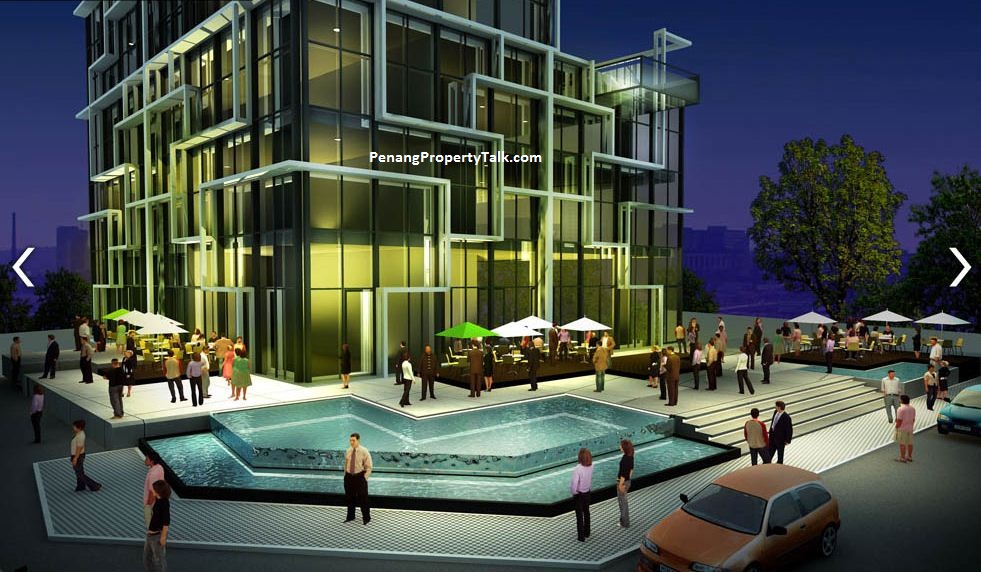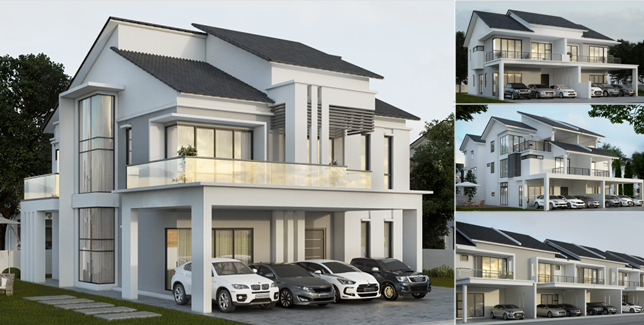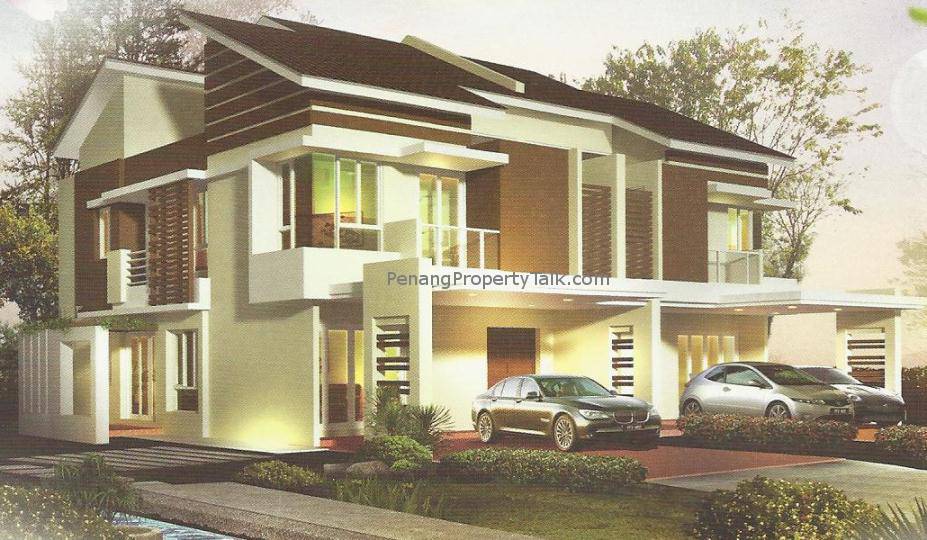Bank Negara’s move to let rates rise, when it may encourage more money to flow in and economic recovery is nascent, puzzles
IT’S easy to understand why Bank Negara raised the amount of interest-free deposits (SRR – statutory reserve requirements) that had to be kept with it by banks by another percentage point to 3% of total deposits. It is to mop up excessive inflows of money.
But it is puzzling why it decided to simultaneously increase the overnight policy rate or OPR, a gauge of the interest rates the central bank offers or pays when intervening on the money markets, by a further 0.25 percentage point to 3%.
This not only results in an across-the-board increase in the cost of doing business by an automatic increase in the base lending rate (BLR – the reference rate to which most lending rates are pegged), it also attracts further inflows of funds to take advantage of the increased interest rates.
Banks have already raised their BLR by 0.3 percentage point to 6.6% and their deposit rates by a similar amount.
The SRR basically restricts the availability of liquidity by tying up funds so that they remain with Bank Negara. This in turn restricts the ability of banks to lend money, helping to ensure that inflows of money don’t find their way into the system.
Bank Negara takes pains to explain that the change in SRR does not reflect a change in monetary stance and is simply a tool to manage liquidity. It adds that the OPR is the sole indicator used to signal the stance of monetary policy.
The simplest way to interpret the latest move then is that Bank Negara feels that there is some amount of excessive demand and this needs to be cooled down. But how can that be so when the overall economy is by some indications growing by less than 5%.
It would be imprudent to raise interest rates and raise costs for all sectors when say, only the property sector, and that too in only some areas, needs cooling off. This has already been dealt with via administrative measures such as 70% financing for those who already have more than two houses.
Perhaps, the central bank is concerned about inflation. Sure, everyone is. But most of this is caused by rising prices of inputs, especially of oil and commodities, rather than sharply increased demand. Raising rates won’t solve the problem but may curtail economic activity when more of it is sorely needed.
The last reason could be to help depositors get a real rate of return so as to encourage savings. But again, the idea is to get spending up which means one would want to discourage savings right now, especially with so much liquidity sloshing around the place.
One can only speculate about Bank Negara’s reasons for letting interest rates rise, especially since rising domestic interest rates and when US interest rates stay low and close to zero, will attract further inflows of hot money and make liquidity management more difficult.
Since the beginning of last year, the OPR has been increased four times, each time by 0.25 percentage point, to make in all a full-percentage-point rise in the OPR. The BLR would have mirrored largely this rise in OPR too.
If you were paying 5% a year for your housing loan a year ago, for instance, it would mean a significant 20% increase in interest costs. And that applies to businesses too.
Still, the OPR is a half a percentage point below what it was before the onset of the world financial crisis in 2008. From that vantage point, Bank Negara’s rate increase still seems within reasonable limits.
But it has to beware of further interest rate hikes during a period when both confidence as well as economic activity is still not strong, especially when a situation of easy liquidity warrants a lower – not higher – interest rate.
By all means, raise the SRR to rein in liquidity, but be more careful about increasing interest rates – there are many downside perils.
SOURCE: The Star



